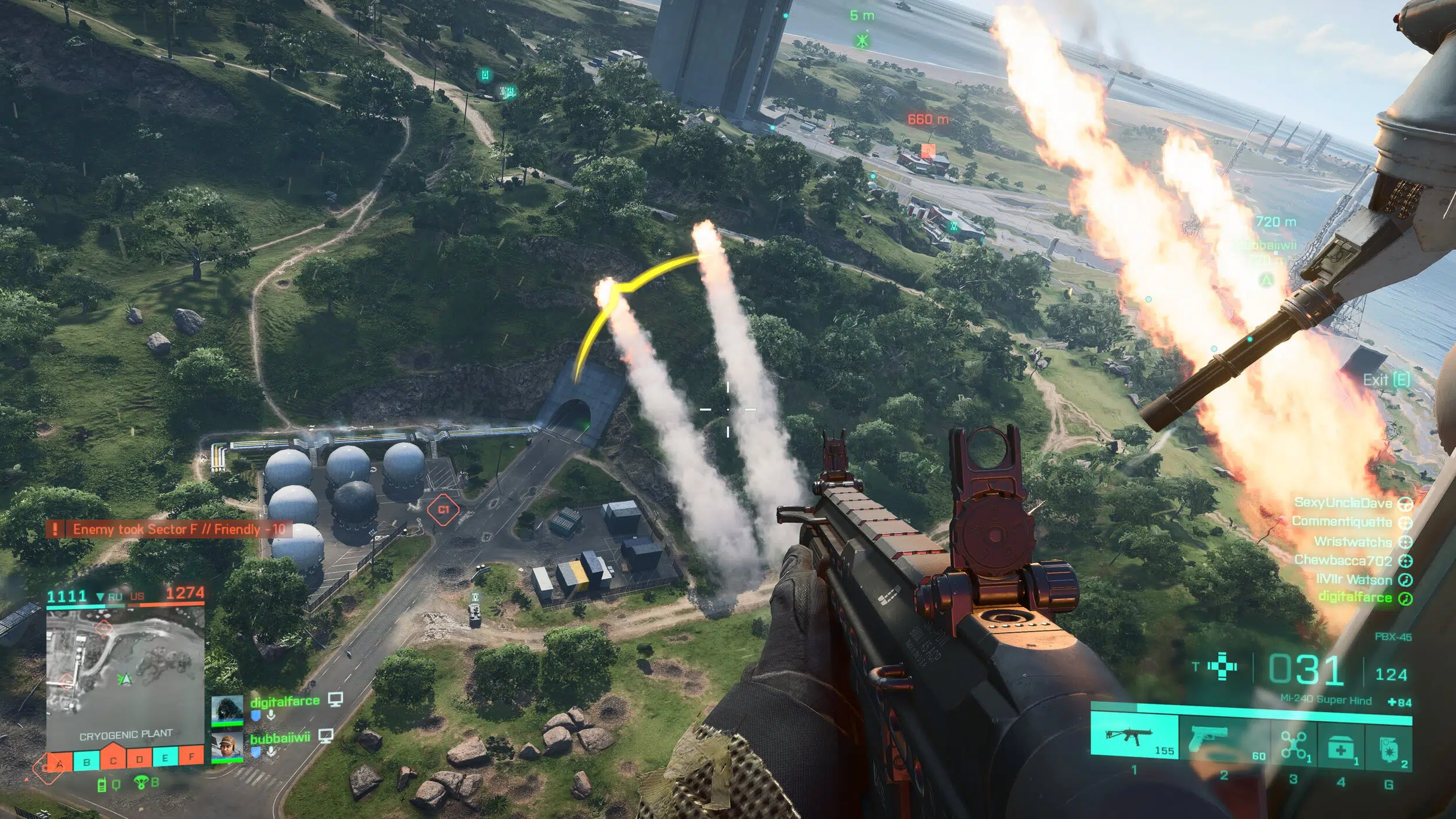CXBOS Insights
Your daily dose of news, insights, and information.
Why Battlefield 2042 Is the Fast Food of Gaming Experiences
Discover why Battlefield 2042 is the fast food of gaming experiences—satisfying but leaves you craving more!
Why Battlefield 2042 Feels Like a Quick Fix: An Analysis
Battlefield 2042, the latest entry in the iconic franchise, was greeted with high expectations. However, many players feel that the game serves more as a quick fix rather than a polished experience. The rapid development cycle and the push to launch the game in time for the holiday season resulted in a title that lacks the depth and intricate mechanics characteristic of previous installments. Instead of delivering robust gameplay elements, Battlefield 2042 seems to prioritize immediate player engagement, often sacrificing long-term satisfaction. This has left fans wondering if the game will be able to stand the test of time or if it will be forgotten as just another fleeting entry.
Another aspect contributing to the perception of Battlefield 2042 as a quick fix is the game’s reliance on nostalgia and familiar gameplay mechanics without meaningful innovations. Many features, such as the absence of a traditional single-player campaign, have sparked discussion among fans seeking a deeper narrative connection. Instead, the focus shifts heavily towards large-scale multiplayer battles that, while visually striking, can feel repetitive after extended play. As a result, players are left feeling unfulfilled, craving the enriched experiences that made earlier titles memorable. Ultimately, the question remains: Can Battlefield 2042 evolve beyond its quick-fix mentality to deliver a more satisfying long-term gameplay experience?

Fast Food or Gourmet? Comparing Battlefield 2042 to Classic FPS Games
When it comes to first-person shooters, Battlefield 2042 feels like a piece of fast food—quick and accessible, yet often lacking the substance that seasoned gamers crave. With its large maps and chaotic multiplayer modes, the game aims to deliver a frenetic experience reminiscent of snacking on your favorite treat during a gaming marathon. However, unlike classic FPS games such as Doom or Counter-Strike, which are praised for their deep mechanics and skill-based gameplay, Battlefield 2042 sometimes sacrifices these elements for sheer spectacle. You can dive into massive battles with minimal learning curve, but this accessibility may leave players desiring the intricate strategies and tight controls that established titles offer.
On the other hand, classic FPS games represent a gourmet experience, requiring patience, strategy, and skill refinement. Titles like Quake and Halo not only delivered engaging mechanics but also fostered communities centered around mastery and competition. Players savored each match, honing their skills over time and enjoying a rich blend of strategy and reflexes much like enjoying a meticulously crafted meal. As Battlefield 2042 continues to evolve, it faces the challenge of balancing fast-paced action with the depth that players of classic FPS games appreciate—a task akin to finding the perfect recipe that satisfies both hunger for immediate gratification and a desire for quality substance.
Is Battlefield 2042 the Microwave Dinner of Gaming?
In the world of gaming, Battlefield 2042 has sparked a heated debate among enthusiasts and critics alike. Many have likened this title to the microwave dinner of gaming; quick and convenient but lacking in substance and depth. Much like a frozen meal that promises a gourmet experience yet delivers bland flavors and a mediocre satisfaction, players expected a high-octane multiplayer experience only to find themselves grappling with bugs, incomplete features, and a lackluster player base. The initial excitement surrounding its release quickly dwindled as users faced technical issues and gameplay imbalances, raising questions about the game's overall quality.
While the Battlefield franchise has long been synonymous with large-scale warfare and immersive experiences, many argue that Battlefield 2042 fails to live up to its predecessors. The game was marketed with ambitious promises, akin to a microwave dinner's enticing packaging, yet it delivered a series of undercooked mechanics and unfulfilled potential. Gamers took to forums and review sites, expressing their disappointment in how a celebrated series could feel so disposable. As the gaming community reflects on this release, the analogy of microwave dinners serves as a stark reminder of the importance of quality over convenience in video game development.